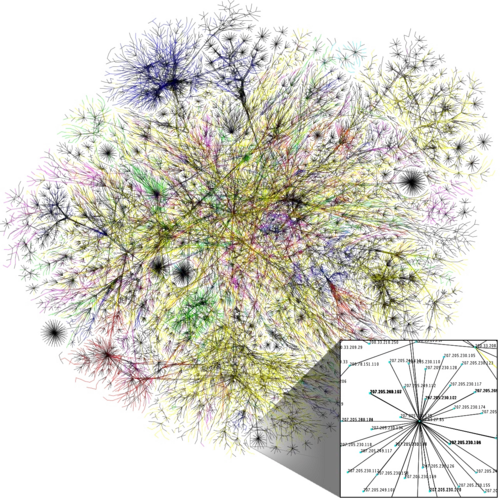
Maximilian of Tebessa: The Life and Legacy of a North African Martyr
Maximilian of Tebessa, also known as Saint Maximilian, is a revered figure in Christian history, particularly within the Catholic Church. Born around 274 AD in Tebessa, a city in North Africa (modern-day Algeria), his life story is not only inspiring but also significant in understanding the early Christian community's struggles against Roman persecution.
Early Life and Christian Faith
Maximilian grew up in a time when Christianity was still a new and often persecuted religion. His family was Christian, which strongly influenced his faith from a young age. Historical accounts suggest that he was a well-educated young man who was deeply committed to his beliefs. His dedication to Christianity would soon bring him into conflict with the Roman authorities.
The Martyrdom of Maximilian
Around the year 295 AD, at the age of 21, Maximilian faced the Roman proconsul, who demanded he renounce his faith and serve in the Roman military. Maximilian’s response was resolute: he refused to abandon his Christian faith, famously stating, "I cannot serve in the military, for I am a Christian." This proclamation put him in direct opposition to the Roman Empire, which not only demand loyalty in military service but also expected allegiance to the emperor.
Maximilian's steadfast refusal led to his trial and eventual execution. His martyrdom took place on March 12, 295 AD. The stories tell of how he was scourged before being beheaded, solidifying his status as one of the earliest Christian martyrs.
Veneration and Canonization
Following his martyrdom, Maximilian's story became widely known among early Christians. His dedication and bravery in the face of persecution resulted in veneration by the Christian community. He was canonized as a saint by the Catholic Church, and his feast day is celebrated on March 12th each year.
Maximilian's legacy extends beyond his death. He is often recognized as a patron saint of those who are persecuted for their faith. Many churches and religious institutions are dedicated to him, particularly in regions with strong historical ties to early Christianity.
Maximilian's Influence in Modern Times
In modern times, Maximilian of Tebessa's story serves as a reminder of the resilience of faith under persecution. Various Christian organizations and groups look to his example when advocating for religious freedom and tolerance. His life prompts valuable discussions about the sacrifices made by early Christians and the ongoing struggles faced by many believers worldwide today.
Maximilian's influence continues to be felt through the art and literature inspired by his life, including depictions in stained glass windows, paintings, and written works. His story resonates strongly in the hearts of believers, reminding them of the importance of faith and integrity.
Conclusion
Maximilian of Tebessa stands as a symbol of unwavering faith and courage. His life is a testament to the strength found in conviction and the importance of standing firm in one's beliefs, even in the face of adversity. As Christians around the world reflect on his legacy, they find inspiration and hope amidst their struggles, looking to Maximilian as a beacon of faith.






